Social Computing
By analyzing natural social interactions and applying behavioral theories, social computing researchers have identified what makes online social interaction and communities successful and how to build better collaborative digital user experiences.
HCII faculty for decades have been leaders in research on computer-supported cooperative work, computer-mediated communication, the analysis and design of online communities, and investigating the social impacts technology has on society.
Today, social computing platforms and tools are a part of everyday life for many. For example, Wikis enable users to collaboratively edit content and share knowledge; industry-specific platforms offer community and collaboration (eg. GitHub for developers); platform-based workers (eg. ridesharing, freelancing, or crowdsourcing) find work and community online; and social networking platforms provide online space for community groups and real-time communication.
Students who want to learn more about social computing might be interested in the following HCII courses:

Measuring the stigmatizing effects of a highly publicized event on online mental health discourse
PROJECTMedia coverage has historically played an influential and often stigmatizing role in the public’s understanding of mental illness through harmful language...
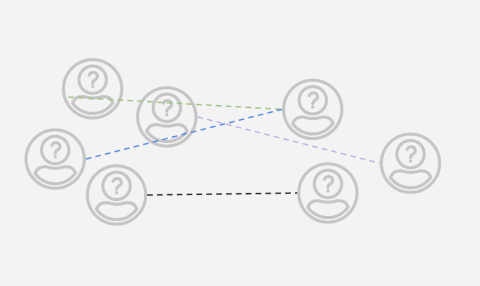
Matching for Peer Support
PROJECTOnline mental health communities (OMHCs) have emerged in recent years as an effective and accessible way to obtain peer support, filling crucial gaps of t...
-
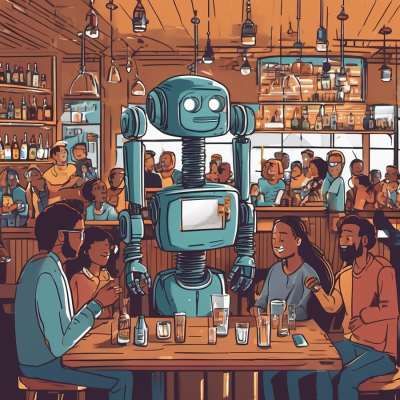
Less Is More: 'Stingy' Bots That Hoard Resources Can Still Boost Human Relationships
NEWSA recent study from Carnegie Mellon University and Cornell University researchers unveiled how artificial intelligence impacts human welfa...

Eye into AI
PROJECTRecent developments in explainable AI (XAI) aim to improve the transparency of black-box models. However, empir...
-
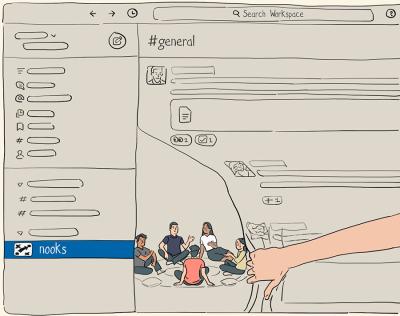
Reviving Office Chatter
NEWSAbout one-third of our lives are spent at work, and the relationships we build there can have personal and professional benefits. But a ma...
-

Kraut Earns Lasting Impact Award for Paper on Proximity's Role in Collaboration
NEWSZoom, Slack and Google Docs may be ubiquitous in today's workplace, but that wasn't the case 35 years ago. Yet many of the technologies un...

Skeema
PROJECTSkeema is a new way to manage your tabs that helps to declutter your browser and your mind. ...
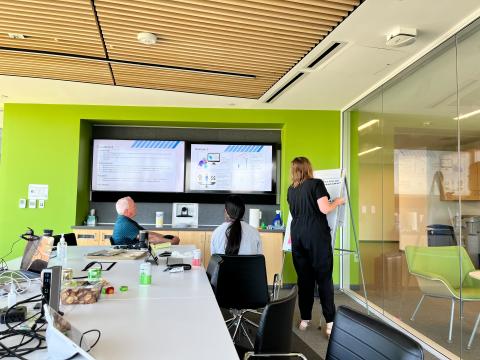
Empowering and Enhancing Workers Through Building A Community-Centered Gig Economy
PROJECTThe gig economy is characterized by short-term contract work performed by independent workers who are paid in return for the "gigs" they perform. Example ...

Incorporating and Balancing Stakeholder Values in Algorithm Design
PROJECTThis project will create a general method for value-sensitive algorithm design and develop tools and techniques to help incorporate the tacit values of st...
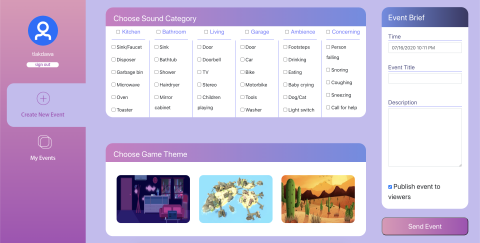
Polyphonic
PROJECTThe Polyphonic project explores collecting real-world data by piggybacking on game streaming communities such as Twitch, which capture over a trillion min...
-
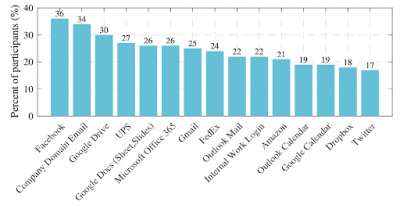
Account sharing sheds light on social cybersecurity
NEWSVisit the original blog post on the Center for Informed Democracy & Social - cybersecurity (IDeaS) website.
-
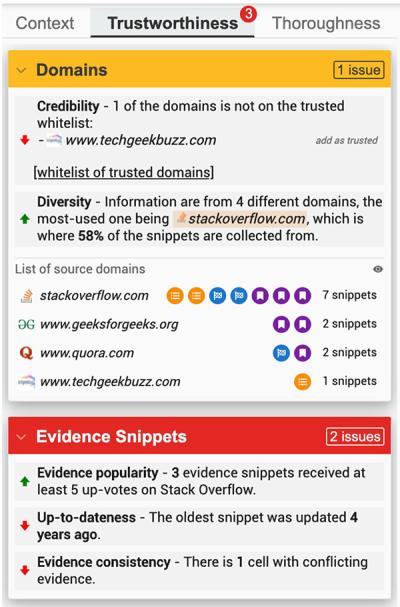
CMU Researchers Develop Tool To Help Determine When To Reuse Content
NEWSDon't reinvent the wheel, the saying goes. But before using someone else's design, at least make sure it will be round.

